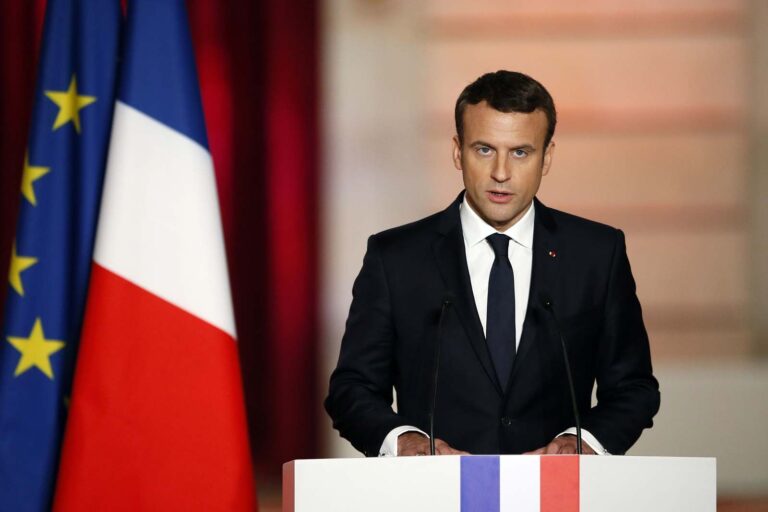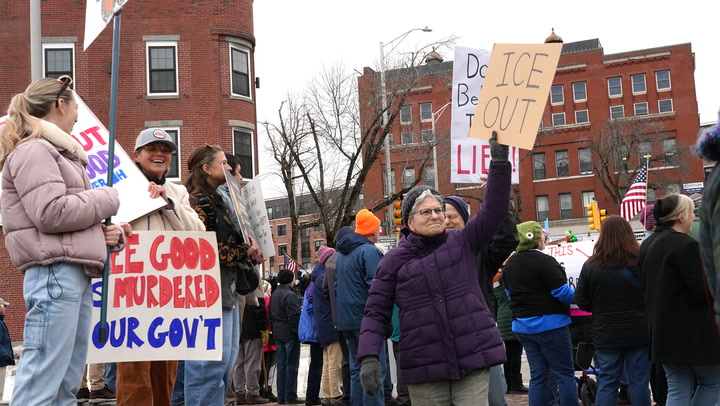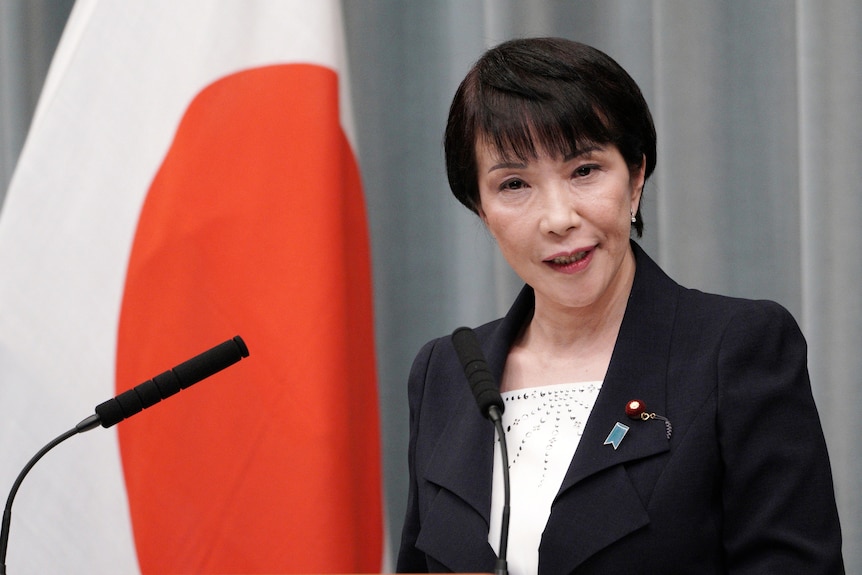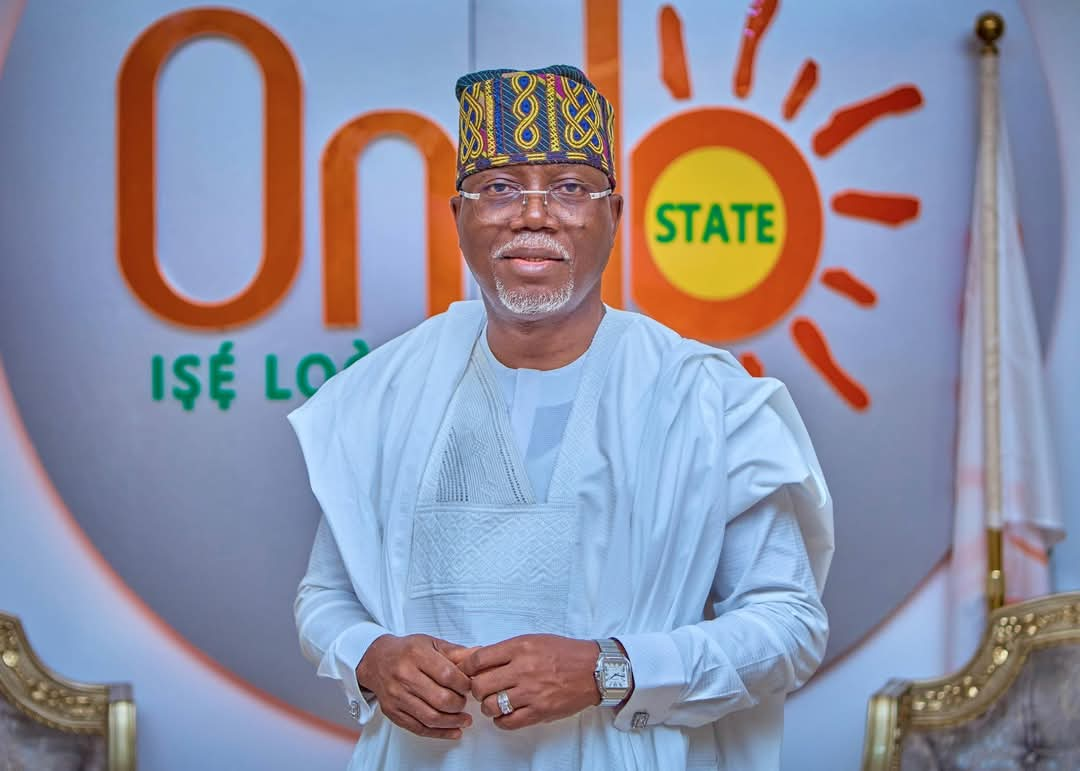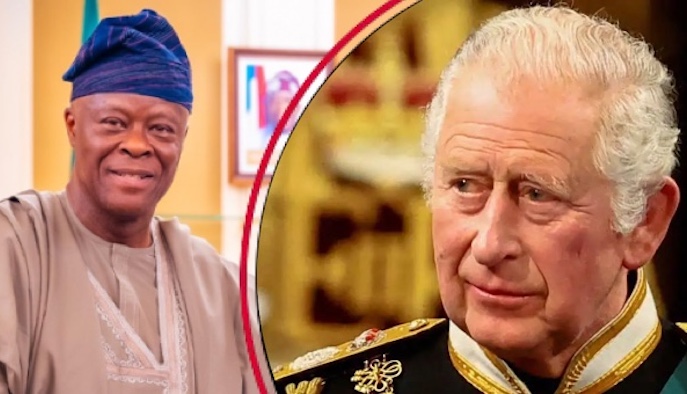French President Emmanuel Macron launched a search for his sixth prime minister in less than two years, giving himself 48 hours to pick a successor capable of navigating France’s fractured legislature and passing a critical budget, but is yet to find one.
Macron’s move comes after outgoing Prime Minister Sébastien Lecornu held two days of consultations with party leaders in a last-ditch effort to stabilize the government. Lecornu resigned and passed the task of finding a pathway out of France’s worst political crisis in decades to Macron.
France is deep in political instability that has made it nearly impossible to govern effectively. With no parliamentary majority and deep opposition to Macron’s 2023 pension reform, the new prime minister will face an uphill climb to secure backing for a belt-tightening 2026 budget. Macron’s ability to govern now lays on finding a figure acceptable across the conflicting factions.
Lecornu told Macron that the next prime minister must not be tied to Macron’s political movement and should hold no ambitions for the 2027 presidential race, in hopes of attracting broader support.
Government spokesperson Aurore Berge warned on Thursday that this may be Macron’s “last chance” to put together a functioning administration.
In his public remarks, Lecornu acknowledged he had briefed Macron on the consultations, saying, “I believe the situation allows for him to appoint a prime minister in the next 48 hours.”
Lecornu’s resignation came just hours after unveiling his cabinet, making his government the shortest-lived in recent memory.
The presidency has said a majority of lawmakers oppose dissolving parliament, that a platform for stability exists, and that a path remains open to pass a budget by December 31.
Read Also: France Enters Crisis Mode Again Despite Avoidable Path
Macron’s centrist alliance lost its majority in snap parliamentary elections in mid-2024. Since then, he has struggled to maintain workable governments, with several premiers resigning or being removed by confidence votes.
François Bayrou, appointed in December 2024, lost a no-confidence vote in September 2025, triggering Lecornu’s appointment.
The 2023 pension reform—raising the retirement age from 62 to 64—remains deeply unpopular and is a flashpoint in negotiations.
Opposition parties have varied demands: the Socialist Party and left forces want the pension reform reversed, while the far right and far left call for snap elections or Macron’s resignation.

